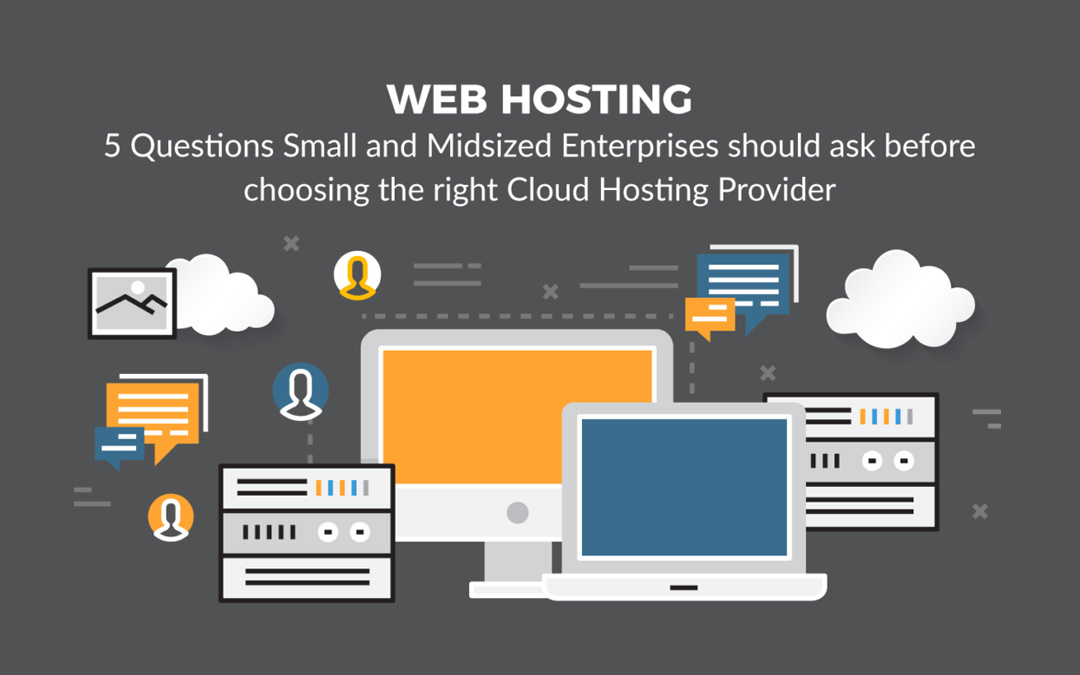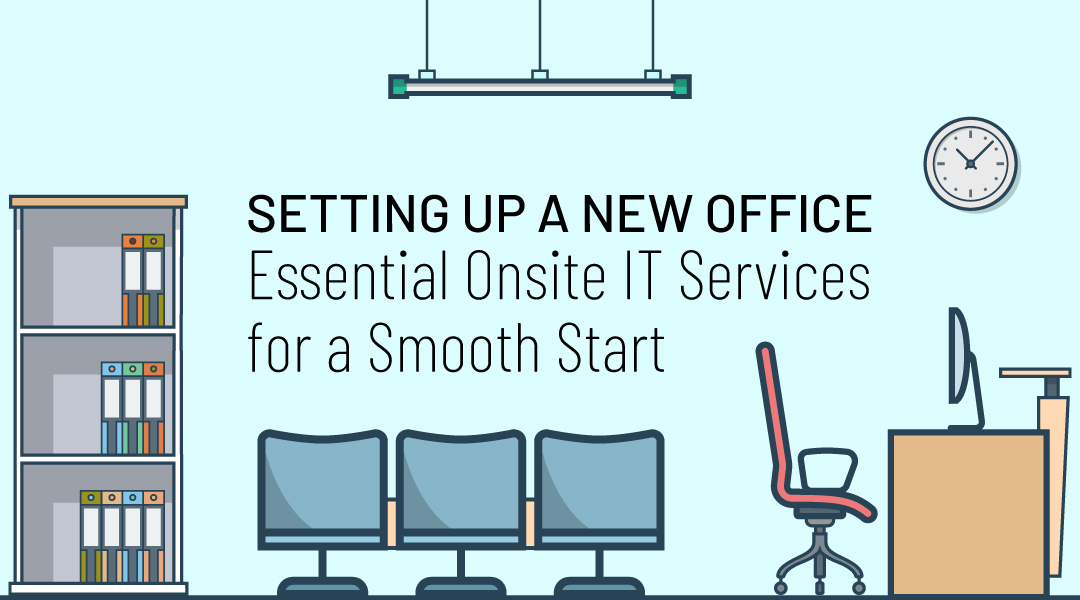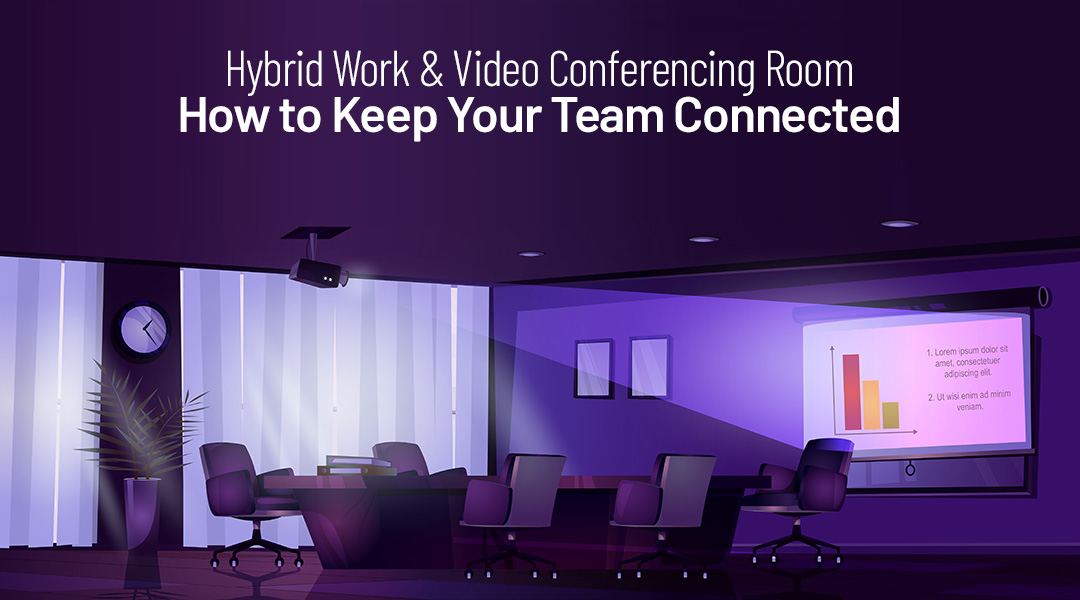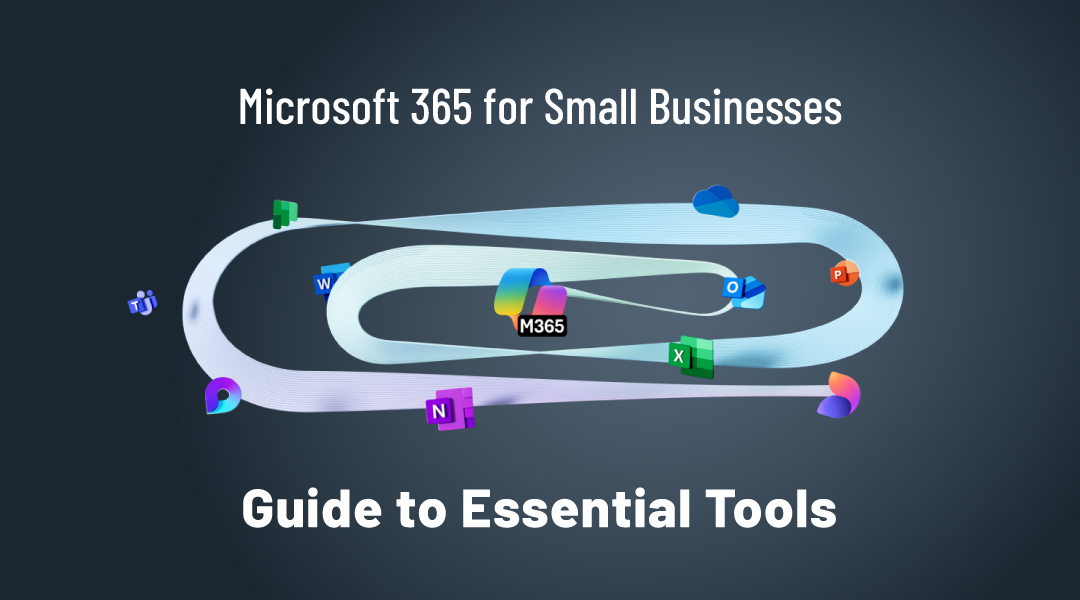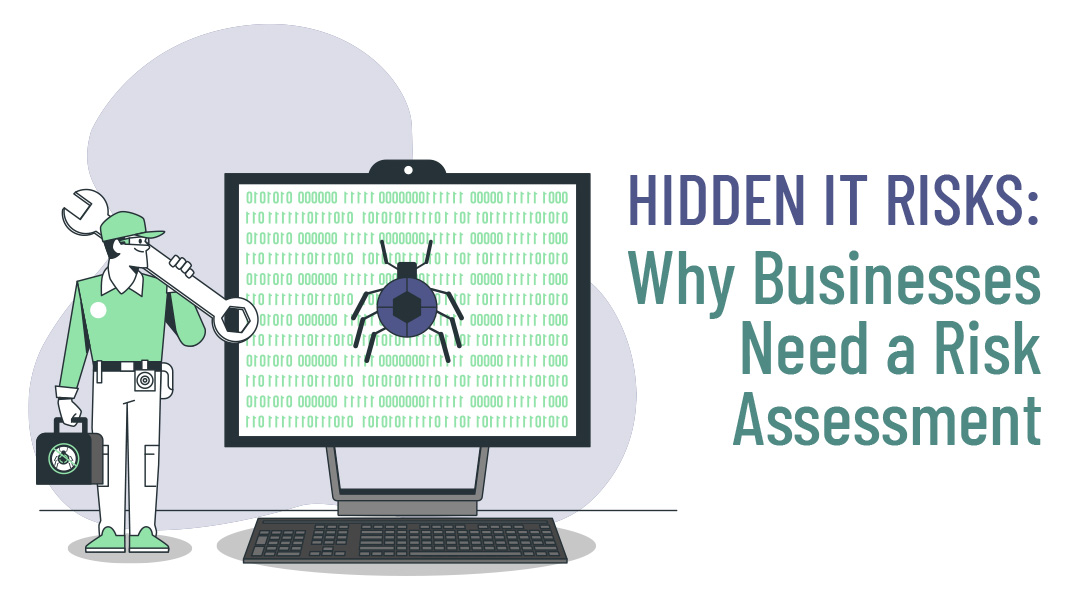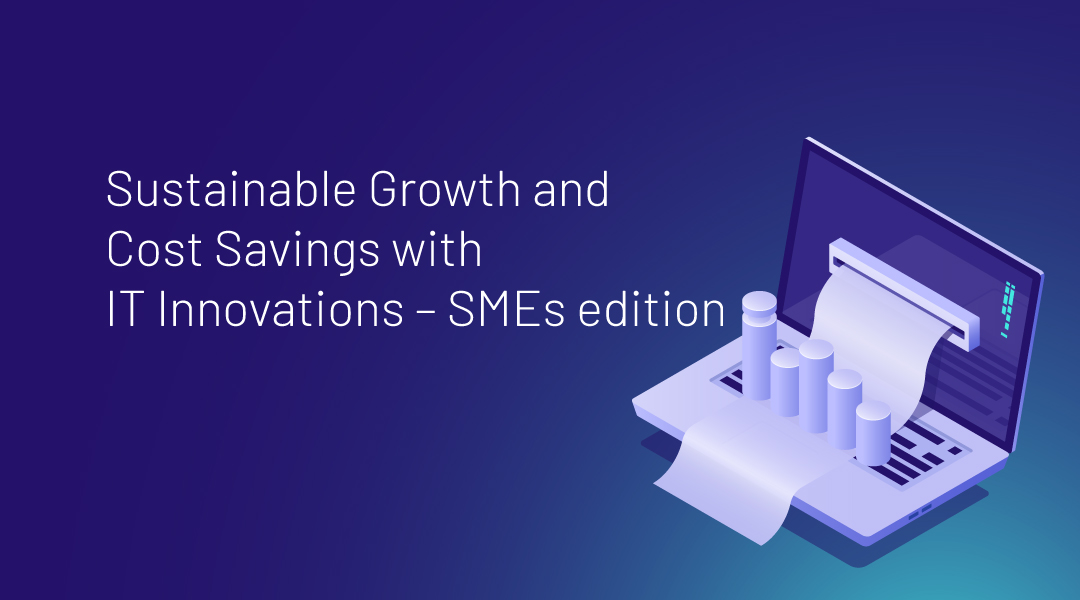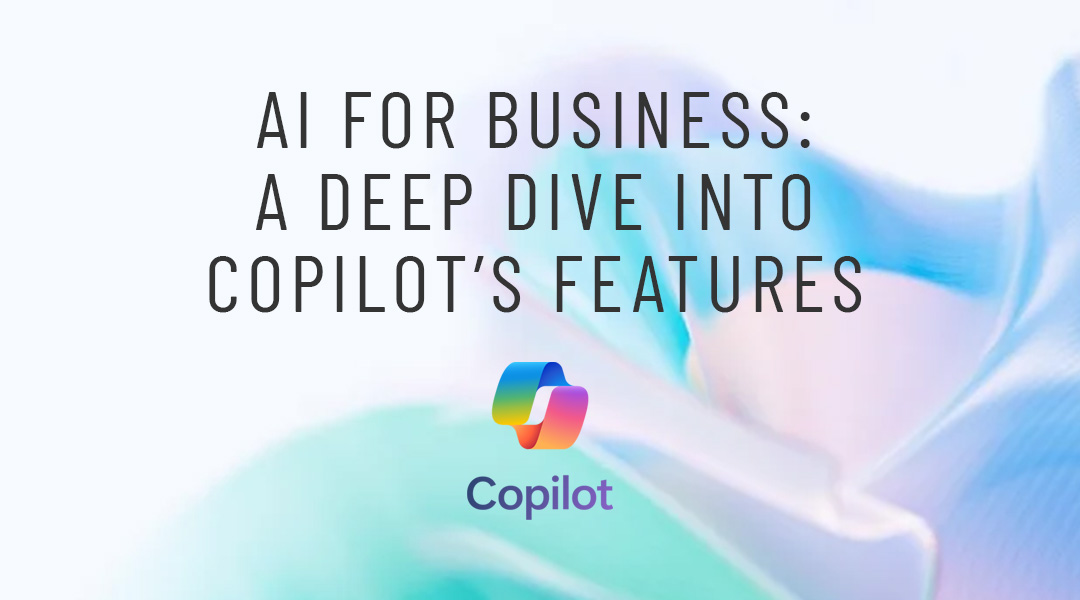There is a good reason why organizations of all sizes started optimizing for cloud hosting of their applications with cloud hosting providers. One of the first benefits noticed is the obvious elimination of costs. It is shown that the upfront costs associated with technology purchases, the cost associated with managing this technology over time and the hassles associated with scaling the infrastructure once it is in place are largely decreased by using cloud application hosting. Being a small or midsize enterprise (SMEs) in a world of technology is harsh, especially if you are not an IT expert or your work is not closely related to this field. Therefore, do not fall into belief that all cloud hosting providers are created equally. Some of the usually seen pitfalls when you are not choosing the right cloud hosting provider carefully are unexpected outages or extended periods of downtime and this can certainly be avoided.
Although, there is no foolproof way to ensure a cloud hosting provider will fulfill all of the requirements your SMEs might need, here are some questions you should be asking before choosing the right cloud hosting provider for your business.
1. What is the cloud service providers connectivity?
Recent surveys discovered that 71% of respondents said that the most important consideration for Cloud Computing was connectivity. Interconnection is critical for superior cloud performance. So, before deciding on your cloud service provider try reading trough its customers reviews, see what your niches influencers are saying or just simply ask around your connections.
2. How is my data protected?
Second, but not at all less important, is to know how your data is protected. Even tho this might seem strange and unfamiliar to you, we live in an age where data is everything and being safe online has become one of the greatest priorities for companies and their businesses. Therefore, keeping your data safe and away from malware and breakage has to be your top priority.
3. How does the cloud hosting provider host and manage load balance?
Rather than having to build your own data center and buy your own computer hardware and software, you can use a cloud hosting provider and have exactly the same benefits. However, great attention should be placed on the ability of the provider to effectively manage application workloads from various organizations. Load balancing should be made in a way of easily detecting and distributing if one organization’s workload starts to negatively influence other workloads.
4. How long does it take you to recover my application(s) from disaster?
Align your solution to your business requirements. Know upfront how quickly you need to recover your applications and verify that the cloud hosting provider has a solution in place to deliver on those expectations.
5. How does the cloud hosting provider deal with change management?
Well defined and controlled change management is crucial to successfully running a data center of any size. All of the changes should be notified internally as well as externally before a change actually occurs. Although, this may sound trivial and expected, making sure that these control processes are full field and well documented saves a lot in the times when the problem arises.
Choose your provider carefully as they’ll be hosting one of your businesses biggest assets. Be aware that ITAF is always there to support you. Do not hesitate to contact us.

